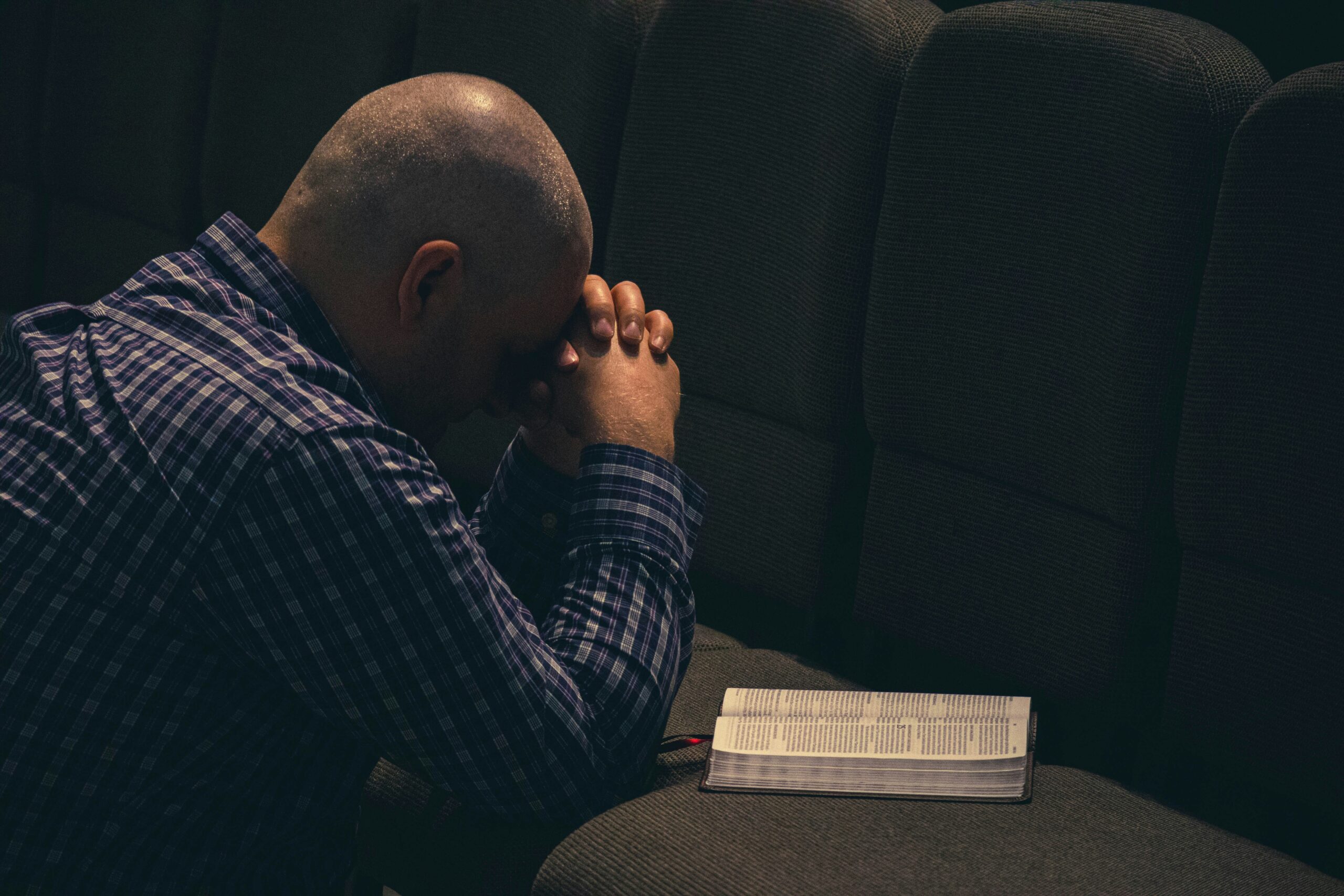
Finding Joy Again: How to be Happy After Severe Trauma and Loss
Life can change in an instant. One phone call, one diagnosis, one unimaginable moment—and suddenly, the foundation of your world is forever altered. At Oak Health Foundation, we walk alongside parents, spouses, children, and individuals who have experienced earth-shattering trauma, loss, or heartbreak. So often, we hear the same aching question: “I ask God every day why He took the person I love.”
In the wake of such profound loss, many ask us: How can I ever be happy again? Is healing even possible? Even the thought of feeling joy again—of wanting to feel joy—can feel like a betrayal.
And yet, healing is possible. Not perfectly. Not to reverse things to be the same way as before. But there is a way forward—a path toward rediscovering joy, even in the shadow of loss.
Here’s how to begin.
Honor Your Grief
Grief is not a weakness to overcome; it’s a testament to how deeply you loved. It’s not a sign of weakness, but rather a reflection of love—the deeper the love, the deeper the grief. When you lose someone or something meaningful, your sorrow is evidence of how much that bond mattered. Trying to push grief away or ignore it doesn’t speed up healing; it often makes it harder to move forward in a healthy way.
At Oak Health Foundation, we encourage those in pain to allow space for their grief, not to rush it or silence it. Grief will move through you in waves – some gentle, some crushing.
Reject the Pressure to “Move On”
Well-meaning people, especially the ones who are closest to you, may say it’s time to move on because they do not want to see you in pain. Unfortunately, great loss isn’t ever something you can “get over.” Instead, it becomes part of who you are. The person you lost, or the version of life that ended, doesn’t disappear but it stays with you. True healing does not ask you to forget or to minimize your pain, but it invites you to carry it differently. For example, we know patients who have lost a dear family member and on the anniversary of their death or their birthday, they will visit a favorite place they would go together and take some space to remember and honor them.
Let Joy Exist Alongside the Pain
After trauma, joy can feel foreign—like something you’re no longer entitled to. Many people feel guilt when they smile, laugh, or experience a moment of peace, as if those feelings somehow dishonor the person they lost or diminish their suffering.
But joy doesn’t erase grief but instead, honors life and all that comes with it. Letting yourself feel joy, even briefly, is a sign that you are healing. It’s not betrayal. It’s resilience.
Let the small joyful signs in: sunlight through your window, the sound of music, the feel of a loved one’s hand in yours. These moments are not the whole story—but they are part of your healing.
Reconnect with Purpose and Meaning
A great loss can shake your sense of safety, identity, and meaning and make you feel untethered to this world. You may feel disconnected from yourself, others, or even God. It can feel like the world keeps moving while you’re stuck, uncertain of who you are or where you belong.
The gentle invitation here is to begin rebuilding by asking, “What still matters to me?” Even if your world feels broken, small sources of purpose can help re-anchor you. For example, maybe your faith feels distant, but you still find peace in prayer or scripture as you believe that God has never left you. Maybe helping others brings you a sense of meaning, or maybe your purpose right now is just getting out of bed and brushing your teeth. That counts. Purpose isn’t always grand—it’s often found in small, quiet acts of hope: making a meal, calling a friend, choosing compassion, or simply taking a deep breath and deciding to try again tomorrow.
Seek Safe Spaces to Heal
You don’t have to carry this alone. You should not carry this alone. Whether through faith-based counseling, therapy, support groups, or trusted relationships, healing deepens in community. Find spaces where your grief can be witnessed without judgment, where you can speak your truth, or simply be silent and known.
At Oak Health Foundation, we provide that space. A place for your questions, your pain, your doubts, and your hope.
Be Gentle with Your Timeline
Grief doesn’t follow a schedule. Healing doesn’t happen by force. If today all you can do is get out of bed, that’s enough. If joy feels distant, that’s okay. If you laughed and then cried right after—that’s okay too.
There’s no deadline for being okay. Be patient with yourself. Let time soften the sharp edges, without pressure to “feel better.”
Allow Hope to Return, at Whatever Speed
Hope doesn’t need to be loud. It can begin as a whisper: Maybe I’ll be okay. Maybe the pain won’t always feel this heavy. Hope doesn’t ask you to forget what you’ve lost—it reminds you that what’s left still matters.
You are not the same person you were before your loss—but you are still here. And in that truth, there is possibility. Not a return to the old life, but the beginning of a new one. One shaped by love, sorrow, strength, and—one day—joy.
If you are walking through the valley of grief, please know this: You are not alone. Your pain is real, your questions are valid, and your healing is possible. Not because everything will go back to how it was, but because you are still capable of holding both the ache and the light.
Hope is not a feeling to wait upon to return. Hope is a Person – Jesus Christ. If you believe, He is with you right now! “To them God has chosen to make known among the Gentiles the glorious riches of this mystery, which is Christ in you, the hope of glory.” Colossians 1:27
Enjoyed our blogpost? Subscribe to our newsletter for more resources on mental health and integrating the Gospel message in your healing journey.
If you found our resources useful, please consider donating to Oak Health Foundation, which is a 501(3)c nonprofit dedicated to providing resources regarding holistic mental healthcare and subsidized treatment for those in need.




